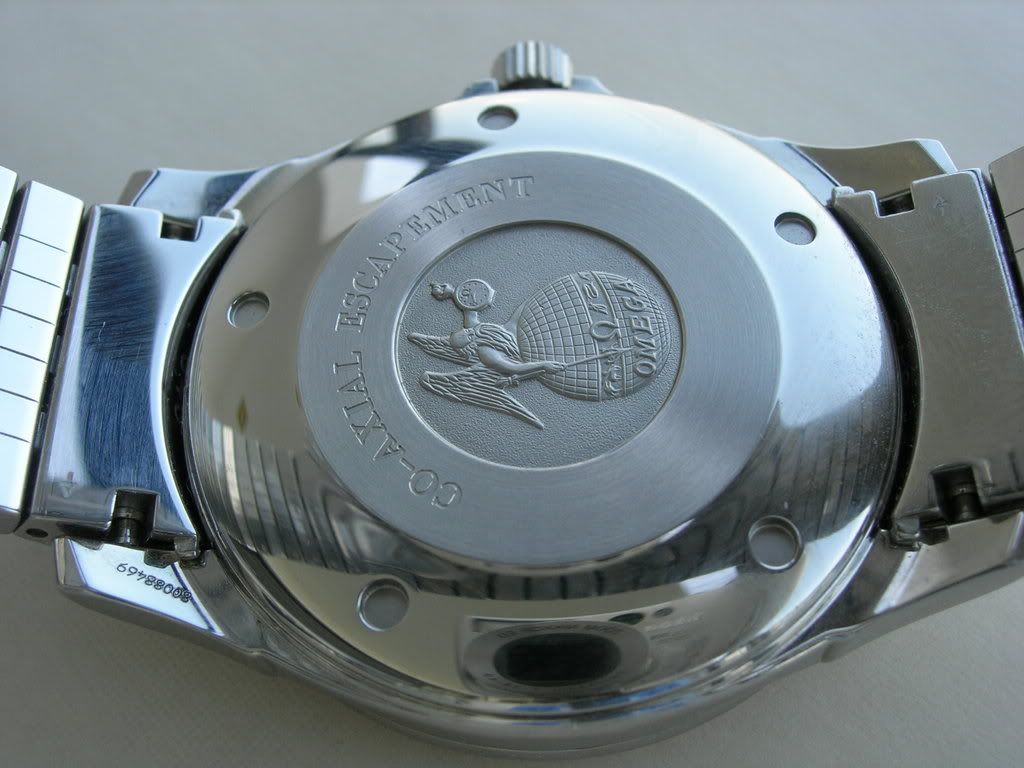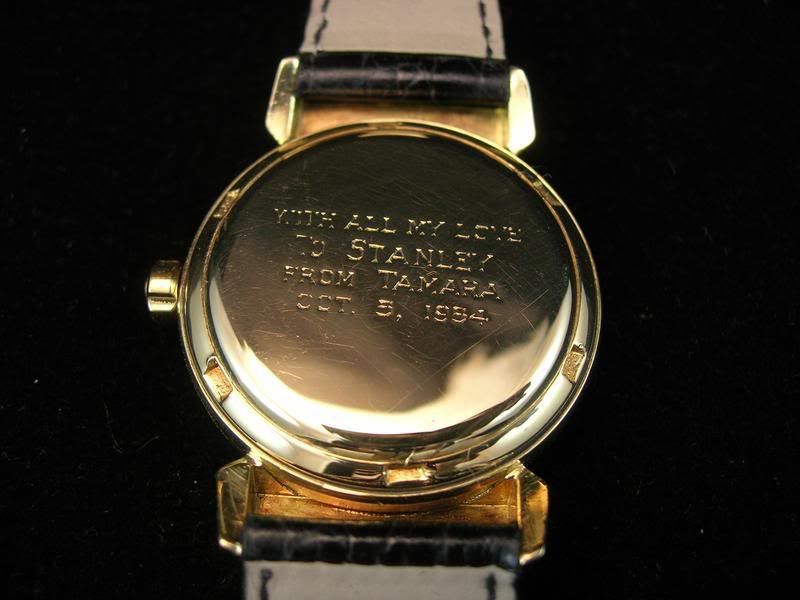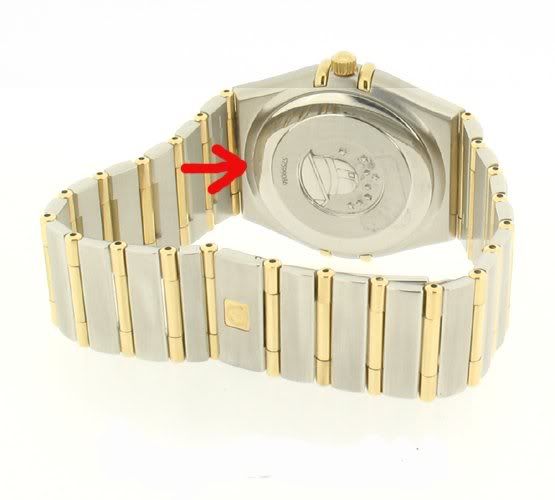| Informational Websites | ChronoMaddox -- the legacy of Chuck Maddox | OnTheDash -- vintage Heuer website | Zowie -- Omega information |
| Discussion Forums | ChronoMaddox Forum | Heuer Forum | Omega Forum |
| Counterfeit Watchers | ChronoTools Forum | ChronoTrader Forum |
|
|
The largest independent, non-commercial, consumer-oriented resource on the Internet for owners, collectors and enthusiasts of fine wristwatches. Online since 1998. | |||||||
|
||||||||
|
||||||||

Feel free to discuss pricing and specific dealers. But 'for sale' postings, commercial solicitation and ads are not allowed. Full archive of all messages is accessible through options in the Search and Preferences features. Privacy, policies and administrivia are covered in the Terms of Use.
| For the answer to the NUMBER #1 most frequently asked question here--for details or value of a specific older Omega watch you have--go to: Tell Me About My Omega. | Learn more about How To Include Photos and HTML In Your Postings. | To contact someone with a question not relevant to other readers of the forum, please click on their email address and contact them privately. |
: do you have a photo of the watch?
: This is the caseback of a modern Omega Deville, which is similar to
: those on many (but not all) Constellations.
:
: 
: Caseback tools have either two or three posts which can be adjusted
: to fit into the slots in the caseback to be opened. Many other
: watches have rectangular slots. This example is a 1950s
: Seamaster.
:
: 
: A good tool will cost somewhat more than $20 and have
: interchangeable posts in various shapes and widths; cheap ones
: can be found on Ebay for much less.
If it is a modern (post 80's) Connie I believe if you look carefully at the edge of the central ridge you will see an undercut area. A watch knife should open it , but will scratch the back.( My has a few hairs snagged in it. Since it hasn't been opened I have to assume they're mine) Manhatten models are supposed to be held on by the little claws.

Don
| Chronocentric and zOwie site design and contents (c) Copyright 1998-2005, Derek Ziglar; Copyright 2005-2008, Jeffrey M. Stein. All rights reserved. Use of this web site constitutes acceptance of the terms of use. | CONTACT | TERMS OF USE | TRANSLATE |